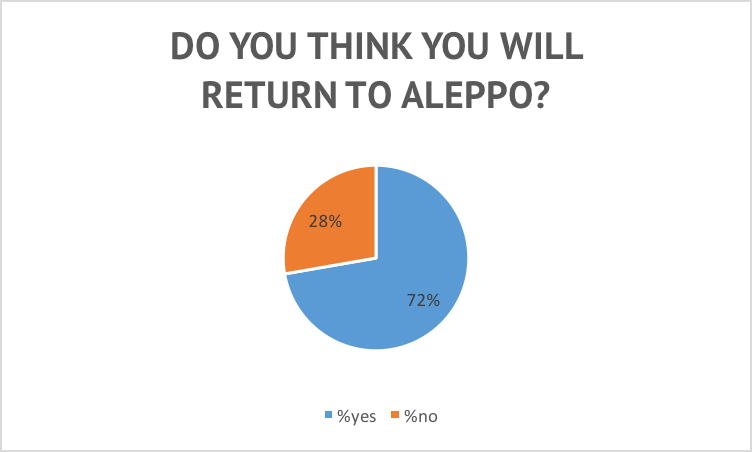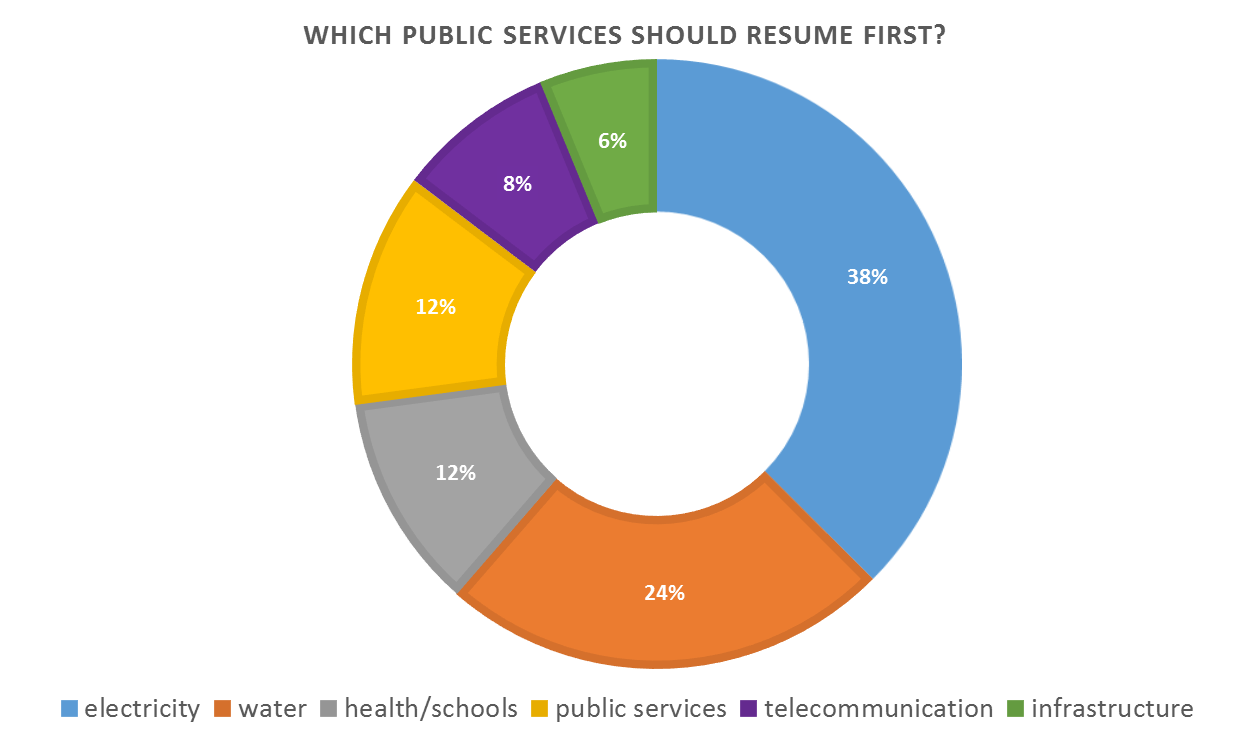Studies of the Syrian civil war have largely focused on topics such as refugees and casualties and have left the crucial topic of employment greatly under-researched. Understanding changes in the composition of the job market will greatly enhance reconstruction efforts in post-war Aleppo as it allows a better understanding of the availability and quality of the labour force.
In late 2014 and early 2015, The Aleppo Project surveyed 1001 Aleppians about many issues.
This paper focuses on the two questionnaire items related to current professions of the respondents and their previous professions. The major findings of this paper include:
- The composition of the job market has pointedly changed due to the conflict
- Unemployment more than doubled due to the conflict. This applies to Aleppians within the city and abroad
- Differences in the rate of unemployment among Aleppians are largely explained by gender, age, education, and the neighbourhood from which the respondents come.
I believe that policymakers in post-war Aleppo will be faced with very high unemployment rates as the returnees with the fewest economic opportunities abroad come to Aleppo first to seek jobs. Ignoring the unemployed might ignite new unrest and could make the process of reintegration and reconciliation harder.
read more The Aleppo Project
The Aleppo Project

